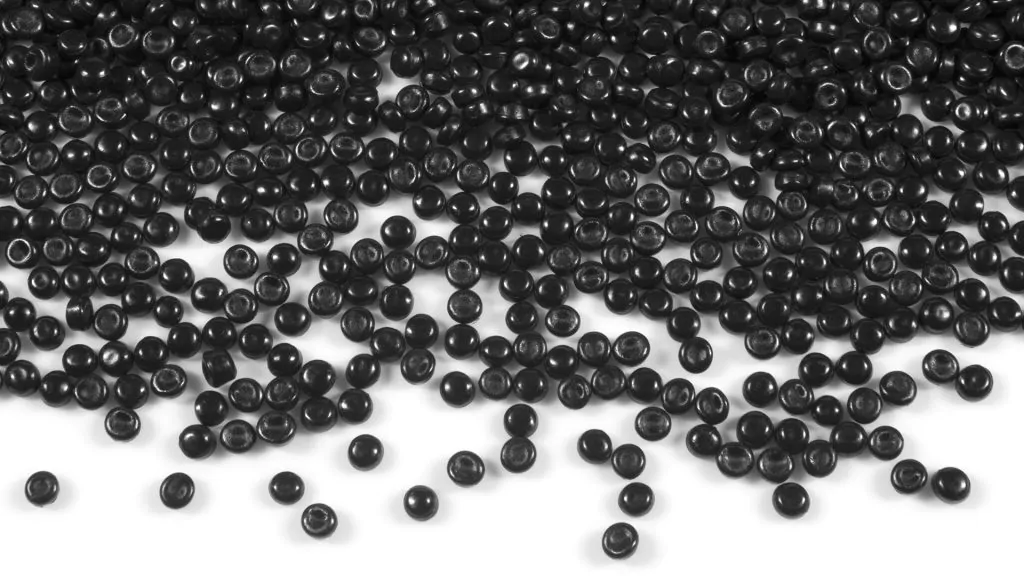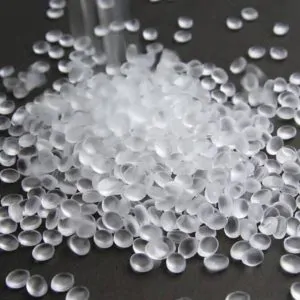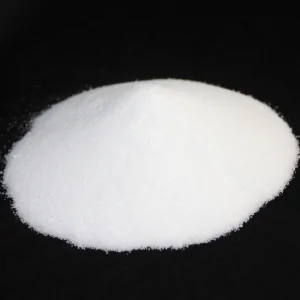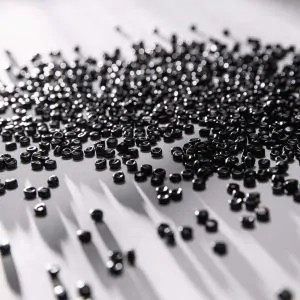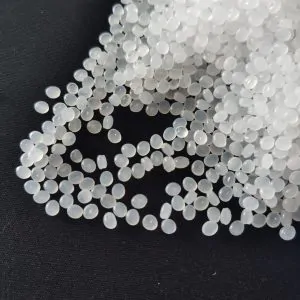Medium-Density Polyethylene (MDPE) is a type of polyethylene with a density lower than HDPE but higher than LDPE. It is commonly used in applications requiring a balance between stiffness and flexibility. MDPE is produced through the polymerization of ethylene with a small amount of comonomer such as 1-butene or 1-hexene.
The main key values of Medium-Density Polyethylene (MDPE) are:
Moderate Density: MDPE typically has a density ranging from 0.926 to 0.940 g/cm³, which falls between the densities of Low-Density Polyethylene (LDPE) and High-Density Polyethylene (HDPE).
Flexibility: MDPE exhibits moderate flexibility, making it suitable for applications where a balance between stiffness and flexibility is required.
Chemical Resistance: Similar to HDPE, MDPE offers good resistance to chemicals, including acids, bases, and solvents, making it suitable for various industrial and outdoor applications.
Strength: MDPE has good tensile strength and toughness, allowing it to withstand moderate mechanical stress and impact.
Gas Barrier Properties: MDPE is often used for the production of gas pipes due to its ability to effectively contain and transport gases without leakage.
Weather Resistance: MDPE exhibits resistance to UV radiation and weathering, making it suitable for outdoor applications such as agricultural films and geomembranes.
Processability: MDPE can be easily processed using methods such as injection molding, extrusion, and blow molding, allowing for the production of a wide range of products and components.
Overall, MDPE offers a balance of properties that make it suitable for various applications where flexibility, chemical resistance, moderate strength, and weather resistance are required.
Properties:
Density: Typically ranges from 0.926 to 0.940 g/cm³, falling between LDPE and HDPE.
Melting temperature: Generally between 120°C and 130°C, depending on the specific grade and manufacturing process.
Softening temperature: Approximately 90°C to 100°C, where it becomes pliable and can be molded or formed.
Decomposition temperature: Typically between 300°C and 350°C, indicating its thermal stability.
Elastic modulus: Generally between 0.4 GPa and 1.2 GPa, representing its moderate stiffness and flexibility.
Tensile strength: Typically between 15 MPa and 25 MPa, indicating its ability to withstand pulling forces.
Thermal conductivity: Low thermal conductivity ranging from 0.1 to 0.15 W/(m·K), making it suitable for thermal insulation applications.




